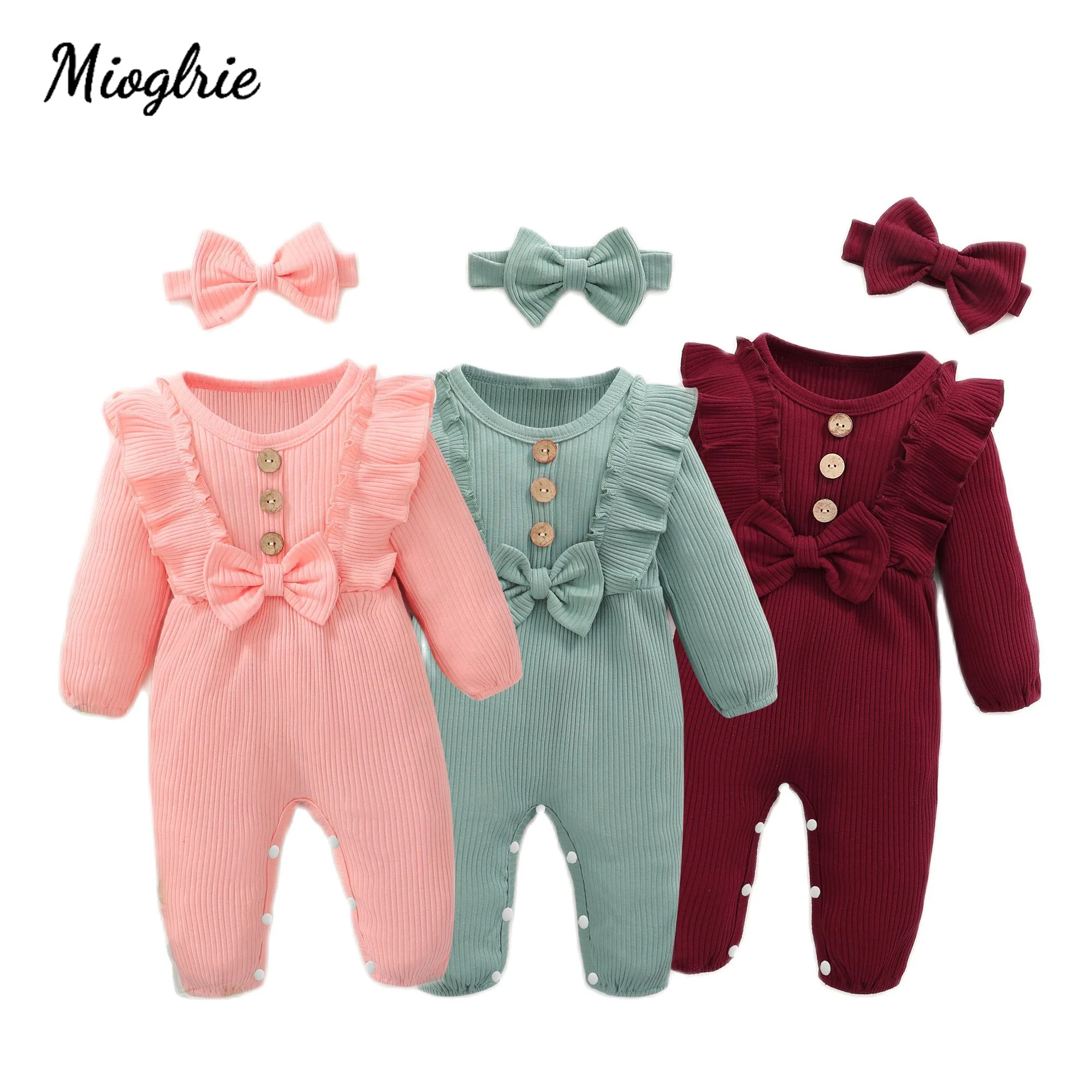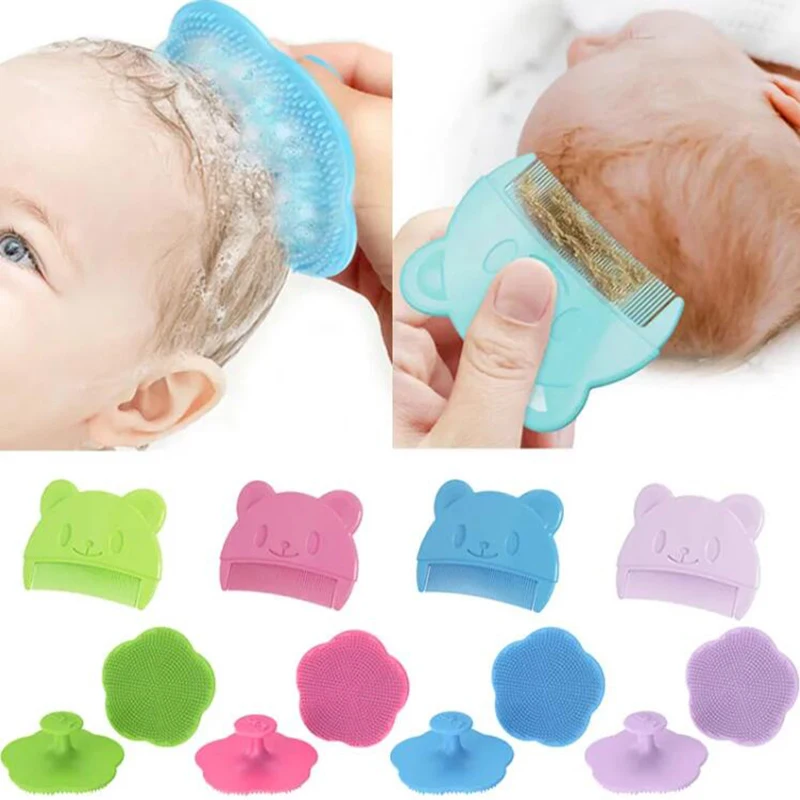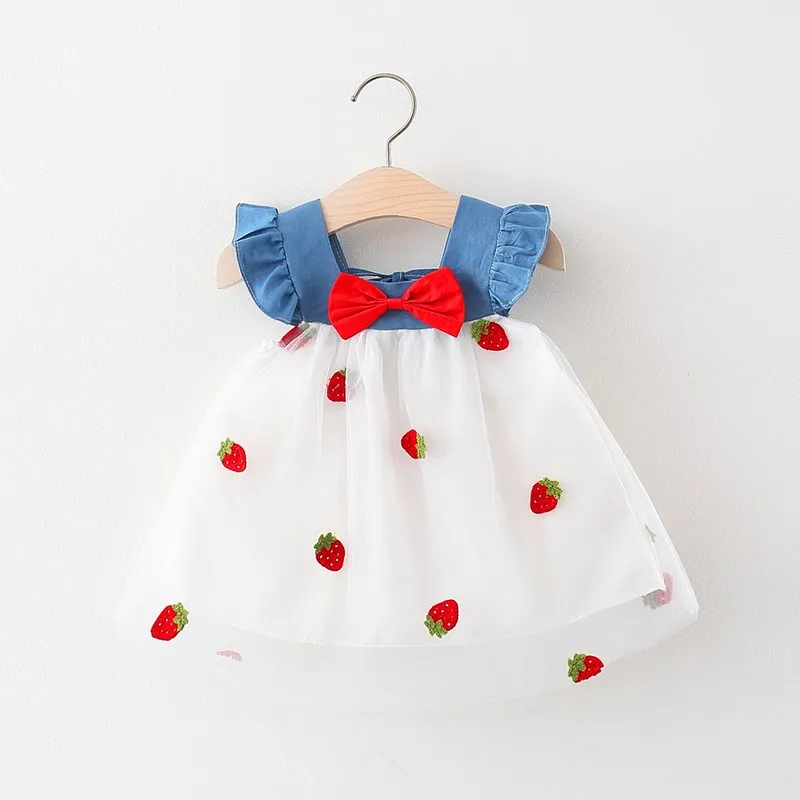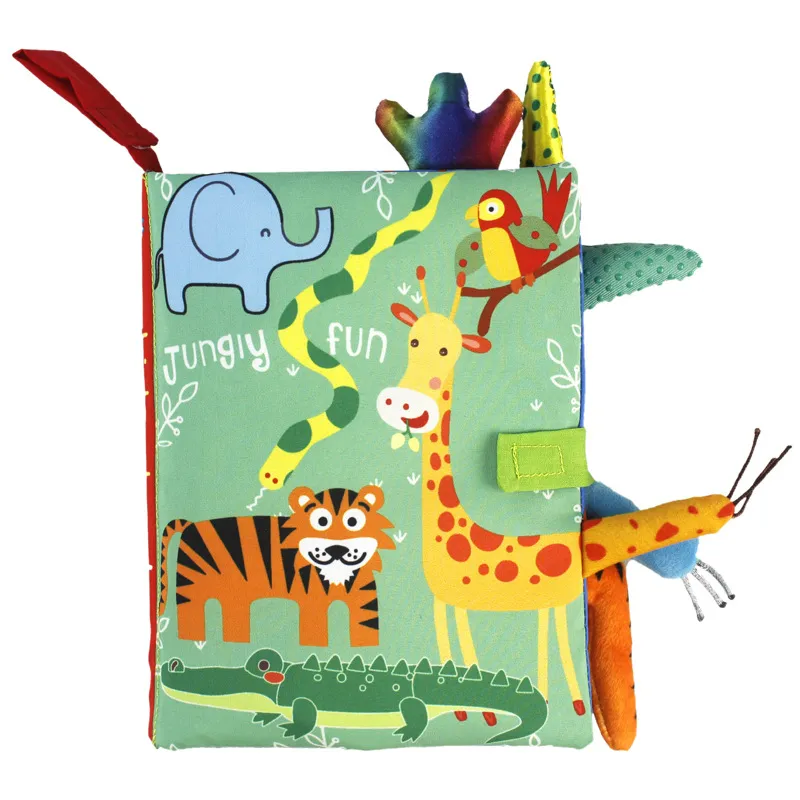
Uncategorized
As a new parent, it’s natural to feel anxious about your baby’s health and well-being. Understanding common baby health concerns and knowing when to seek medical attention can help ease your worries and ensure your baby receives the care they need. Here are some tips for managing common baby health concerns:
- Fevers: Fevers are a common symptom of illness in babies and are often caused by viral infections. Monitor your baby’s temperature regularly using a digital thermometer and seek medical attention if their fever is accompanied by other symptoms such as lethargy, irritability, or difficulty breathing.
- Colds and Respiratory Infections: Babies are prone to colds and respiratory infections, especially during the winter months. Keep your baby comfortable by ensuring they stay hydrated, using a humidifier to ease congestion, and using saline drops to clear their nasal passages. Seek medical attention if your baby’s symptoms worsen or if they have difficulty breathing.
- Diaper Rash: Diaper rash is a common condition that can cause redness, irritation, and discomfort in your baby’s diaper area. Keep your baby’s skin clean and dry by changing their diapers frequently, using a barrier cream to protect their skin, and giving them plenty of diaper-free time to allow their skin to breathe.
- Teething: Teething can be a challenging time for both babies and parents, as it can cause pain, irritability, and sleep disturbances. Provide your baby with age-appropriate teething toys to chew on, offer them cold washcloths or teething rings to soothe their gums, and consider using over-the-counter pain relievers or teething gels as recommended by your pediatrician.
- Digestive Issues: Babies’ digestive systems are still developing, which can lead to issues such as colic, gas, and constipation. Comfort your baby by holding them upright after feedings, gently massaging their tummy, and using gentle, circular motions to help release trapped gas. If constipation persists, consult your pediatrician for advice on safe remedies.
- Skin Conditions: Babies may experience a variety of skin conditions, including eczema, cradle cap, and baby acne. Keep your baby’s skin clean and moisturized, avoid harsh soaps and detergents, and dress them in loose-fitting clothing made from breathable fabrics. Consult your pediatrician if your baby’s skin condition worsens or if you have concerns about their skin health.
- Vaccinations: Vaccinations are crucial for protecting your baby from serious illnesses and diseases. Follow the recommended vaccination schedule provided by your pediatrician and ensure your baby receives all the necessary vaccines on time. Vaccinations not only protect your baby but also help prevent the spread of infectious diseases within the community.
By staying informed about common baby health concerns and knowing when to seek medical attention, you can help keep your baby healthy, happy, and thriving during their first years of life. Always consult your pediatrician if you have any concerns or questions about your baby’s health or development.

Uncategorized
Creating a safe and stimulating environment is essential for your baby’s health, development, and overall well-being. From baby-proofing your home to providing age-appropriate toys and activities, there are several steps you can take to ensure your baby’s surroundings are conducive to growth and exploration. Here’s how to create a safe and stimulating environment for your baby:
- Baby-Proofing: Before your baby starts crawling and exploring, take the time to baby-proof your home to eliminate potential hazards. Install safety gates at the top and bottom of stairs, cover electrical outlets with safety plugs, secure heavy furniture to the wall to prevent tipping, and remove small objects that could pose a choking hazard.
- Safe Sleep Environment: Create a safe sleep environment for your baby by following the ABCs of safe sleep: Alone, on their Back, and in a Crib. Place your baby on their back to sleep in a crib with a firm mattress and fitted sheet, free from loose bedding, pillows, and stuffed animals that could pose a suffocation risk.
- Provide Tummy Time: Tummy time is essential for your baby’s physical development and helps strengthen their neck, back, and shoulder muscles. Place your baby on their tummy for short periods throughout the day, starting from the first few weeks of life, and gradually increasing the duration as they grow older.
- Engage the Senses: Stimulate your baby’s senses by providing age-appropriate toys and activities that engage their sight, hearing, touch, taste, and smell. Choose toys with contrasting colors, interesting textures, and different sounds to encourage exploration and sensory development.
- Create a Calm and Soothing Environment: Babies thrive in environments that are calm, soothing, and predictable. Establish a consistent daily routine for your baby, including regular feeding, sleeping, and play times. Keep noise levels low during nap times and bedtime, and create a calming bedtime routine to help your baby relax and prepare for sleep.
By creating a safe and stimulating environment for your baby, you can support their growth, development, and overall well-being as they explore and learn about the world around them.

Uncategorized
The first year of your baby’s life is a period of rapid growth and development, marked by exciting milestones and achievements. Understanding the typical developmental stages can help you track your baby’s progress and provide the necessary support and stimulation. Here’s a guide to navigating the first year of your baby’s life:
- Physical Development: During the first year, your baby will undergo significant physical development, from gaining weight and length to mastering motor skills. In the early months, your baby will learn to hold up their head, roll over, and eventually sit, crawl, and walk. Encourage your baby’s physical development by providing plenty of supervised tummy time and opportunities for exploration and movement.
- Cognitive Development: Babies are born with a natural curiosity and eagerness to learn about the world around them. Throughout the first year, your baby will begin to recognize familiar faces, babble and coo, and respond to sounds and stimuli. Stimulate your baby’s cognitive development by talking, singing, and reading to them, and providing age-appropriate toys and activities that engage their senses.
- Social and Emotional Development: Building secure attachments and relationships is essential for your baby’s social and emotional development. Your baby will begin to smile, laugh, and express a range of emotions, from joy and excitement to frustration and distress. Respond sensitively to your baby’s cues and provide plenty of love, affection, and comfort to nurture their emotional well-being.
- Feeding and Nutrition: Nutrition plays a crucial role in your baby’s growth and development during the first year of life. Breast milk or formula provides essential nutrients for your baby’s developing brain and body. As your baby grows, introduce age-appropriate solid foods to complement their diet and encourage healthy eating habits.
- Sleep Patterns: Sleep is essential for your baby’s overall health and well-being. During the first few months, your baby’s sleep patterns may be irregular, with frequent awakenings for feedings and comfort. Establish a consistent bedtime routine to help your baby learn to self-soothe and settle into a regular sleep schedule.
- Language Development: Although your baby won’t start talking right away, they’ll begin to communicate through cries, coos, and eventually, words. Respond to your baby’s vocalizations and engage in conversations by talking, singing, and imitating their sounds. Reading to your baby regularly can also help promote language development and literacy skills.
- Health and Safety: Monitor your baby’s health and well-being closely and seek medical attention if you have any concerns about their growth or development. Follow your pediatrician’s recommendations for vaccinations, well-baby check-ups, and developmental screenings to ensure your baby is meeting their milestones and thriving.
By understanding the typical developmental stages and milestones for babies, you can provide the necessary support and encouragement to help your little one reach their full potential in their first year of life.

Uncategorized
Welcoming a newborn into the family is a joyous occasion, but it also comes with a host of responsibilities. As new parents, it’s important to ensure that you’re equipped with the knowledge and skills to provide the best care for your baby. Here are some essential baby care tips to help you navigate the early days:
- Feeding: Whether you choose to breastfeed or formula-feed your baby, it’s crucial to ensure they’re getting the nutrition they need. Breastfeeding provides essential antibodies and nutrients for your baby’s growth and development, while formula feeding can be a convenient alternative. Follow your pediatrician’s recommendations and monitor your baby’s feeding patterns to ensure they’re adequately nourished.
- Diapering: Diapering is a fundamental aspect of baby care, and it’s essential to keep your baby clean and comfortable. Change your baby’s diaper frequently, especially after feedings and bowel movements, to prevent diaper rash and discomfort. Use gentle wipes or warm water and cotton balls to clean your baby’s bottom, and apply a diaper cream to prevent irritation.
- Sleeping: Establishing healthy sleep habits is vital for both you and your baby. Create a calm and soothing bedtime routine to help your baby wind down, such as giving them a warm bath, reading a book, or singing a lullaby. Place your baby on their back to sleep in a safe and comfortable sleep environment, free from loose bedding or toys that could pose a suffocation risk.
- Bathing: Bath time can be a bonding experience for you and your baby, but it’s important to handle them with care. Use lukewarm water and a mild baby soap to gently cleanse your baby’s delicate skin, paying special attention to creases and folds where dirt and bacteria can accumulate. Support your baby’s head and neck during bath time, and never leave them unattended in the water.
- Bonding and Interaction: Building a strong bond with your baby is essential for their emotional and cognitive development. Spend quality time cuddling, talking, and playing with your baby to foster a sense of security and attachment. Respond promptly to your baby’s cues and signals, such as crying or cooing, to meet their needs and strengthen your connection.
- Health and Safety: Keep your baby safe and healthy by maintaining a clean and hygienic environment. Wash your hands frequently before handling your baby, and keep their surroundings clean and free from hazards. Schedule regular check-ups with your pediatrician and stay up-to-date on vaccinations to protect your baby from illness and disease.
By following these essential baby care tips, you can provide your newborn with the love, care, and attention they need to thrive in their early days of life.









